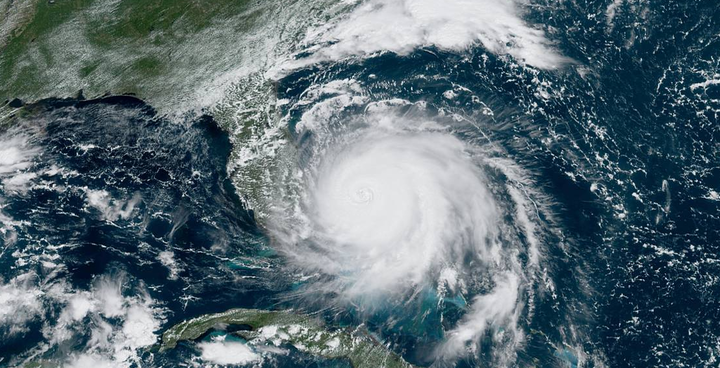
Determinants of natural disaster preparedness actions and their dynamics: Insights from real time and repeated surveys in Florida
With Wouter Botzen, Peter Robinson and Jeffrey Czajkowski.
Abstract: Losses from natural disasters are increasing around the world. These losses can be limited by improving individual preparedness for such disasters, for which it is imperative to understand the factors that enable individual actions to reduce natural disaster risks. This study offers such insights using an innovative real-time and repeated survey methodology. These survey instruments collected unique data for coastal residents in Florida regarding flood preparations and their drivers during an imminent threat posed by Hurricane Dorian and its aftermath. Compared with the common practice to conduct cross-sectional surveys in the absence of a disaster threat, our methodology better represents relationships between preparedness actions undertaken during the disaster threat and its drivers, such as risk perceptions. The repeated survey allows for examining temporal dynamics in these explanatory variables. Our results show that risk perceptions relate more strongly to emergency protection decisions made during the period of the disaster threat than to ex-ante decisions made well before. In addition to the importance of coping appraisals in explaining flood-preparedness behavior, personal characteristics significantly relate to undertaking preparedness actions, especially risk aversion and social norms. Significant changes in some of the key explanatory variables occur following the disaster threat, including a decline in risk perception, a potential learning effect in coping appraisals, and a decline in risk aversion. Finally, explanatory variables measured after the disaster threat do not fully capture relationships among factors of influence on preparedness actions taken during the threat. Taken together, our results confirm the advantage of the real-time and repeated survey approach in understanding both short and longer-term disaster preparedness actions. We discuss various lessons from our findings for researchers and policymakers in this field.
[R&R]